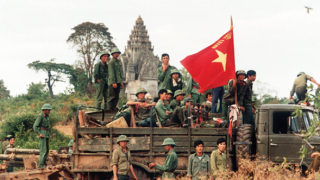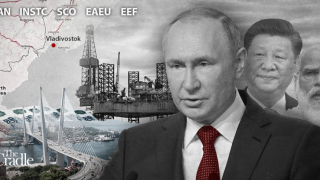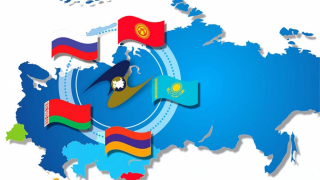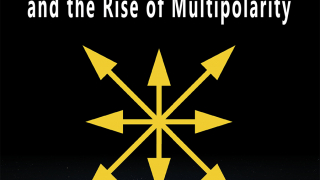international relations
Realism in International Relations
Realists believe that human nature is inherently flawed (a legacy of Hobbes’ anthropological pessimism, and even deeper, echoes of Christian notions of the fall from grace — lapsus in Latin) and cannot be fundamentally corrected. Therefore, egoism, predation, and violence are ineradicable. From this, it is concluded that only a strong state can restrain and organise humans (who, according to Hobbes, are wolves to each other). The state is inevitable and carries the highest sovereignty. Moreover, the state projects the predatory and selfish nature of humans, hence a national state has its interests which are its only considerations.
The influence of NGOs on international relations
It is now well known that many nongovernmental organizations (NGOs) play an important role in collecting and disseminating facts about alleged human rights violations. Financial institutions and organizations such as the United Nations rely heavily on data on human rights violations provided by NGOs.
The geopolitics of Cambodia: destruction and reconstruction
Cambodia, with an area of 181,035 square kilometers, is located in the southern part of the Indochinese Peninsula and borders Vietnam to the east and southeast, Thailand to the west and northwest, Laos to the north, and the Gulf of Thailand to the southwest. From the 2nd century AD to the mid-15th century Cambodia was a very powerful kingdom in the Indochinese Peninsula, which gave birth to the world-famous Angkor culture. After the 15th century, Cambodia's national power declined day by day. In 1863 Cambodia became a French colony and was invaded by Japan during World War II. On November 9, 1953, Cambodia, after suffering, finally gained independence. But Cambodia, which had just gained independence, faced the same problem as many newly independent nation-states: the escalation of the global Cold War.
Asia’s future takes shape in Vladivostok, the Russian Pacific
The Eastern Economic Forum (EEF) in Vladivostok is one of the indispensable annual milestones for keeping up not only with the complex development process of the Russian Far East but major plays for Eurasia integration.
Eurasianism, Eurasian Economic Union and Multipolarity: Assessments of Foreign Experts
Eurasianism, in its various interpretations, from ideology to the implementation of the Eurasian Economic Union (EAEU) programs, is regarded as one of the strategies of creating a multipolar world order.
The study of International Relations in Islam: An Islamic paradigm
The purpose of this study is to investigate the role of Islam in explaining International Relations by providing an Islamic paradigm to the study of International Relations. In order to go about such a study, the research was divided into three major phases: the first explaining the Islamic perspective of International relations and its approach to understanding the World Order, second to underline western discourse and criticisms regarding Islamic theories on International Relations and third to provided possible answers to western criticism and to signify the importance of Islam as a major global discipline on International Relations. The research highlights the role of Islam in explaining International Relations through the use of Islamic scriptures and by presenting some of the historical evidences in order to present the Islamic paradigm to International Relations. The research recommends more active and prominent role by Islamic academics in order to highlight the importance of Islamic theories and perspectives of International Relations in order for it to become a global discourse.
The Paralysis Of The WTO
The World Trade Organization (WTO) is one of the leading international bodies responsible for global trade regulation.











